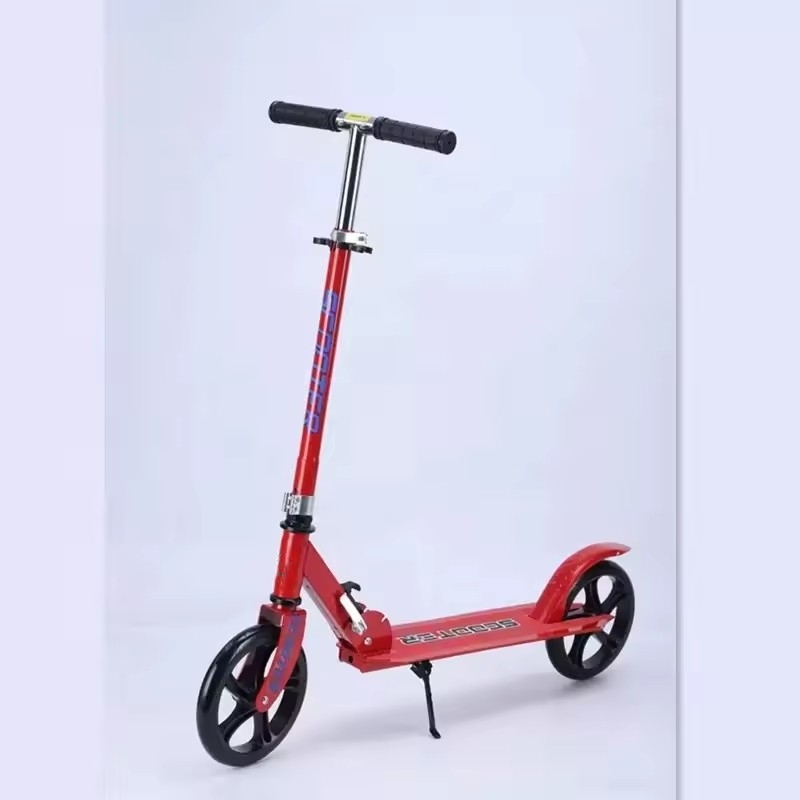Choosing the Right Baby Walker for Your 3-Month-Old Child
Understanding Baby Walkers for 3-Month-Olds Pros and Cons
As parents watch their little ones grow, the anticipation of when they will take their first steps becomes an exciting milestone. Many parents consider using baby walkers, especially when their babies reach around three months old. However, the question arises Is it safe and beneficial for a baby of this age to use a walker? This article will explore the aspects of baby walkers for infants, focusing on the three-month milestone.
What is a Baby Walker?
A baby walker is a mobility device designed to assist infants as they learn to walk. It typically consists of a frame with wheels and a seat that allows the baby to sit while scooting along. Baby walkers can be alluring to parents as they promise to give babies a head start in mobility, but they come with a variety of considerations.
Developmental Readiness
At three months old, babies are still in their infancy stage, primarily developing their head and neck control. Most pediatricians suggest that infants start using walkers no earlier than six months. At this age, babies usually lack the balance, muscle strength, and coordination required to maneuver safely in a walker. Introducing a walker too early could hamper their natural developmental progress, as it may encourage them to rely on the device instead of using their muscles to gain strength.
Safety Concerns
baby walker age 3 months

Safety is a prominent issue when it comes to baby walkers. According to the American Academy of Pediatrics (AAP), thousands of injuries occur each year pertaining to baby walkers. These injuries typically happen when a baby tumbles down stairs or encounters hazards around the home, which they may not be able to navigate safely while in a walker.
Moreover, babies in walkers can move much faster than expected, leading to precarious situations, such as encountering sharp edges or climbing into dangerous areas. For the safety of your child, it is crucial to ensure that the area is baby-proofed and that the walker is closely monitored if it is used.
Alternatives to Baby Walkers
Instead of using a walker, parents can consider various alternative methods to encourage their baby's development. Tummy time is essential for building the muscles necessary for crawling and walking. This simple activity allows babies to strengthen their necks and shoulders while promoting motor skills.
Play mats are also beneficial for developmental play. These mats provide a safe and stimulating environment for babies to practice rolling, reaching, and even scooting. Encouraging babies to move on their own can help develop their coordination and balance organically, laying a better foundation for walking.
Conclusion
While the idea of using a baby walker for three-month-olds may seem tempting, it is essential to consider the developmental milestones and safety concerns associated with early walking assistance. At three months, babies need time to develop their natural motor skills without the restriction of a walker. Instead, providing a safe, engaging environment that encourages movement is more beneficial for their growth. Always prioritize safety and seek advice from pediatricians regarding the best practices for promoting mobility in your little one. By being mindful of these considerations, parents can support their infant's development in a safe and nurturing way.
-
Kids battery power car baby four-wheel off-road vehicle children electric toy carNewsMar.07,2025
-
New Hot Design Factory Wholesale Light Weight Small Folding Size Baby StrollerNewsMar.07,2025
-
2022 newest factory boys and girls powerful battery operated 4-wheel ride on electric carNewsMar.07,2025
-
2022 newest factory boys and girls powerful battery operated 4-wheel ride on electric carNewsMar.07,2025
-
Kids battery power car baby four-wheel off-road vehicle children electric toy carNewsMar.07,2025
-
toddler electric atvs manufacturerNewsMar.07,2025
